If you’ve ever wandered through a grocery store wondering whether those “organic” apples are actually worth the extra $1.50, you’re not alone.
Not all stores are created equal when it comes to offering the real-deal organic goods. Some go above and beyond—partnering with local farms, carefully curating their produce, and making it easy to shop clean.
Others? Well… let’s just say their “organic section” is more like a sad side dish no one asked for.
We’re diving into 8 grocery stores that are crushing the organic game, and 8 that need a serious produce intervention. Whether you’re a kale connoisseur or just trying to avoid sketchy pesticides, this list will help you shop smarter and greener.
1. Whole Foods Market
Their produce section feels like a lush, edible jungle where everything’s clearly labeled and photogenic enough for your Instagram story. Whether you’re hunting for a humble organic banana or dragon fruit flown in from an actual mountaintop, they’ve got you covered.
And sure, you might need to take out a small loan to shop there regularly, but the quality, transparency, and variety make it worth it for many health-conscious folks. Plus, with their Amazon integration, things have gotten (slightly) more affordable and convenient.
Whole Foods is where crunchy dreams come true.
2. Sprouts Farmers Market
Walk into Sprouts and it smells like a farmer’s market had a baby with your favorite neighborhood grocery store. And that baby grew up to be really into yoga and composting.
This chain is a treasure trove for anyone who loves fresh, organic produce without the sticker shock. They’ve nailed that tricky balance of offering genuinely clean food and keeping it budget-friendly. Think ripe avocados for under a dollar and strawberries that taste like sunshine.
Their produce is colorful, local when possible, and clearly labeled so you’re never playing the “is this really organic?” guessing game. Bonus points for their frequent BOGO deals and bulk section full of nuts, grains, and mystery trail mixes.
Sprouts is a solid win for organic lovers who also love a good deal.
3. Trader Joe’s
Don’t be fooled by the Hawaiian shirts and playful product names—Trader Joe’s takes organic seriously (but still knows how to have fun with it).
They may not have endless rows of exotic veggies, but what they do stock is solid, affordable, and reliable. From baby carrots to their cult-favorite arugula mix, the organic produce selection is always fresh and well-priced.
And here’s the kicker: most of it is under their own private label, meaning it’s easier on your wallet and less confusing when you’re trying to choose between six identical bundles of kale. Sure, you won’t find every single item on your Pinterest meal plan, but for everyday organic shopping, TJ’s is a minimalist’s dream.
Plus, there’s something comforting about buying spinach from a store that also sells Cookie Butter.
4. Natural Grocers
This place is what happens when someone says, “What if we only sold produce that grandma would approve of?” Natural Grocers is one of the few chains that says a hard no to conventional fruits and veggies altogether.
Everything in their produce section is certified organic. Period. No exceptions, no side-eyes, no questionable strawberries grown with mystery sprays. That makes shopping easy—just grab and go with total confidence.
But beyond their spotless standards, they’re also champions of nutrition education and community engagement. They’ve got classes, resources, and staff who actually want to talk to you about soil health (bless them).
While they may not have the flash of Whole Foods or the pricing of ALDI, they have integrity in spades and a genuine dedication to health-conscious shopping.
It’s the store for people who read ingredient lists like bedtime stories.
5. Wegmans
You don’t need to live in the Northeast to have heard the legends. Wegmans has built a cult following, and yes, the hype is real—especially when it comes to organic produce.
There’s something magical about strolling through their sparkling, perfectly arranged produce aisles. The organic section isn’t just an afterthought—it’s an experience. You’ll find everything from pristine heads of organic romaine to niche mushrooms with names you can’t pronounce (but really want to try).
Their in-house “Food You Feel Good About” label makes choosing clean options a breeze, and they work closely with trusted farms to ensure that what you’re getting is the real deal.
Wegmans makes shopping for organic feel a little fancy without veering into snob territory. It’s the sweet spot between quality, variety, and the kind of store where employees actually seem happy to be there.
6. Fresh Thyme Market
Blink and you might miss it—unless you’ve already been lured in by the earthy smell of just-spritzed produce and the colorful signs shouting “Organic Avocados: 2 for $3!”
Fresh Thyme feels like a farmer’s market was dropped into a suburban strip mall (in the best way possible). Their dedication to local, organic, and seasonal goods is no gimmick—it’s baked into their entire vibe. You can tell by the vibrant displays and the way shoppers actually pause to admire a tomato.
While the footprint of the store is smaller, the impact isn’t. Prices are surprisingly competitive, and selection leans heavily on quality over quantity. Expect everything to look fresh enough to be featured in a Pinterest flat lay.
It’s a cozy, unpretentious spot where organic produce is treated with love—and it shows.
7. New Seasons Market
This Pacific Northwest darling is like your ultra-hip, sustainably-minded friend who grows their own kale and composts religiously—but still drinks iced oat lattes like a champ.
New Seasons is all about conscious sourcing, community love, and killer produce. Their organic section doesn’t just check boxes—it raises the bar. A good chunk of their fruits and veggies are sourced locally, meaning fewer miles and more flavor. You’ll find organic greens that look freshly plucked and heirloom tomatoes with personality.
On top of that, the store is laser-focused on sustainability. Labels are clear, staff are informed, and shopping here just feels good—like you’re doing something kind for your body and the planet at the same time.
New Seasons proves that organic can be both cool and deeply caring.
8. Co-op Markets
There’s something special about a place where the food doesn’t feel like it’s just passing through on a corporate conveyor belt. Co-op markets like PCC in Seattle or Berkeley Bowl in California live and breathe organic.
These community-powered spots are hyper-focused on real food. That means loads of organic options, lots of locally grown goodies, and a vibe that says, “We actually know our farmers—and they’re awesome.” It’s the kind of place where apples come with backstories, and seasonal produce rotates with intention.
The produce isn’t just fresh—it’s alive with flavor. And while prices may vary, most co-ops offer member discounts and prioritize transparency over markup.
Shopping here isn’t just a transaction—it’s a mini love letter to your body and your local farmers.
1. Walmart
It’s the place where you can grab tires, shampoo, and a rotisserie chicken in the same trip—but organic produce? That’s where things get a little dicey.
Walmart has tried to dip a toe into the organic pool, but the results are hit-or-miss at best. Sure, you might find a bag of pre-washed organic greens here or there, but the selection is slim and not exactly what you’d call farm fresh. Produce can look tired, limp, or straight-up confused about its origin story.
And while prices are low, the tradeoff often shows in quality and consistency. Labeling isn’t always clear, and shoppers are left playing detective with “all-natural” tags that mean absolutely nothing.
If you’re committed to going organic, Walmart isn’t the ride-or-die produce partner you’re looking for.
2. ALDI
It’s the land of quarter carts and budget miracles—but when it comes to organic produce, ALDI’s magic wears a bit thin.
They’ve definitely added more organic items over the years (credit where it’s due), but the selection is modest at best and wildly inconsistent depending on your location. One week there’s organic celery, the next it’s vanished like your willpower near the snack aisle.
Produce freshness can be a gamble, and with limited variety, your weekly meal plan might turn into a game of “what can I make with three sad organic zucchinis and a bruised apple?”
If you’re a die-hard organic shopper, ALDI might work for the occasional quick grab—but you’ll probably need to supplement your haul elsewhere.
It’s organic-lite, and you’ll feel it.
3. Kroger
Kroger is kind of like that student who could be top of the class but keeps forgetting their homework. They have all the tools—they even have a dedicated organic line, Simple Truth—but the execution is spotty.
Walk into one location and you’ll find a decent spread of organic apples, carrots, and leafy greens. Walk into another, and you’re lucky if the arugula isn’t wilting under a flickering lightbulb. Consistency is the main issue, both in product availability and freshness.
And while they’re great at slapping “organic” on packaged goods, the produce section can feel like an afterthought. There’s potential here, but the effort doesn’t always translate into an experience you can rely on week to week.
Kroger flirts with greatness but hasn’t sealed the deal.
4. Safeway
If your Safeway’s organic section feels like a lonely row of limp kale and suspiciously sad avocados—you’re not imagining things.
Despite being a big name in the grocery world, Safeway’s approach to organic produce often feels like an obligatory checkbox. They’ll toss a few items in the mix, mark up the price, and hope you don’t look too closely at the “best by” dates.
There are definitely some decent finds if you catch them right after a delivery, but it’s inconsistent and often overpriced compared to other chains that prioritize quality.
And don’t expect clear signage or helpful staff when you’re trying to decode what’s organic, what’s local, and what’s just “naturally misleading.”
5. WinCo Foods
If you’re shopping for a six-month supply of cereal or need a 10-pound bag of potatoes for under $3, WinCo is a paradise. But if you walk in expecting a dreamy organic produce selection, prepare for disappointment.
WinCo’s focus is bulk deals and ultra-low pricing, which leaves little room (literally and figuratively) for a solid organic section. While you might stumble across a lonely organic cucumber or some pre-bagged greens, the produce area overwhelmingly caters to conventional shoppers.
The vibe is more “stock up on basics” than “nurture your inner nutritionist.” Labels can be confusing, and freshness? Let’s just say that limp lettuce doesn’t scream clean eating.
It’s not pretending to be Whole Foods—but even a little more organic love would go a long way.
6. Food Lion
Food Lion may have the heart of a neighborhood grocery store, but its organic section feels more like an afterthought than a priority.
Depending on the location, you might find a shelf or two of USDA-certified items hiding near the conventional bins. The problem is, it often feels like a token effort—barely there, poorly labeled, and not always in the best shape.
And while their prices are fair, the selection is so slim you’ll probably still have to make a second stop if organic is your goal. It’s not that they don’t offer organic produce—it’s just that they don’t seem that excited about it.
If organic eating is a major part of your lifestyle, Food Lion might not be the mane event you were hoping for.
7. Publix
Southerners love Publix for good reason—the stores are clean, the bakery slaps, and the subs are legendary. But their organic produce? That’s where things start to wilt.
Publix does carry organics, but the selection is usually minimal and not very dynamic. It’s mostly limited to the basics: a few greens, some apples, and maybe a sad bunch of bananas that look like they’ve seen things. And for what they offer, the prices tend to lean high.
Shoppers who are serious about organic living often find themselves frustrated by the lack of variety and freshness. It’s clear that Publix prioritizes convenience and presentation, but organic offerings don’t seem to get the same level of TLC.
We still love you, Publix—but your kale game needs work.
8. Dollar General
Walking into Dollar General looking for organic produce is a bit like asking a cat to do your taxes—it’s just not gonna happen.
They’ve recently dabbled in fresh foods (shout-out to those mini fridges with mystery apples), but organic? That’s not even on the radar. At best, you might find a bag of “all-natural” snacks, but USDA-certified organic produce? Forget it.
This isn’t a knock on their mission—Dollar General serves areas where full grocery stores may not even exist. But it’s definitely not a destination for clean eating or mindful shopping.
If you’re looking for organic kale or ethically sourced carrots, keep moving. This isn’t that kind of store.
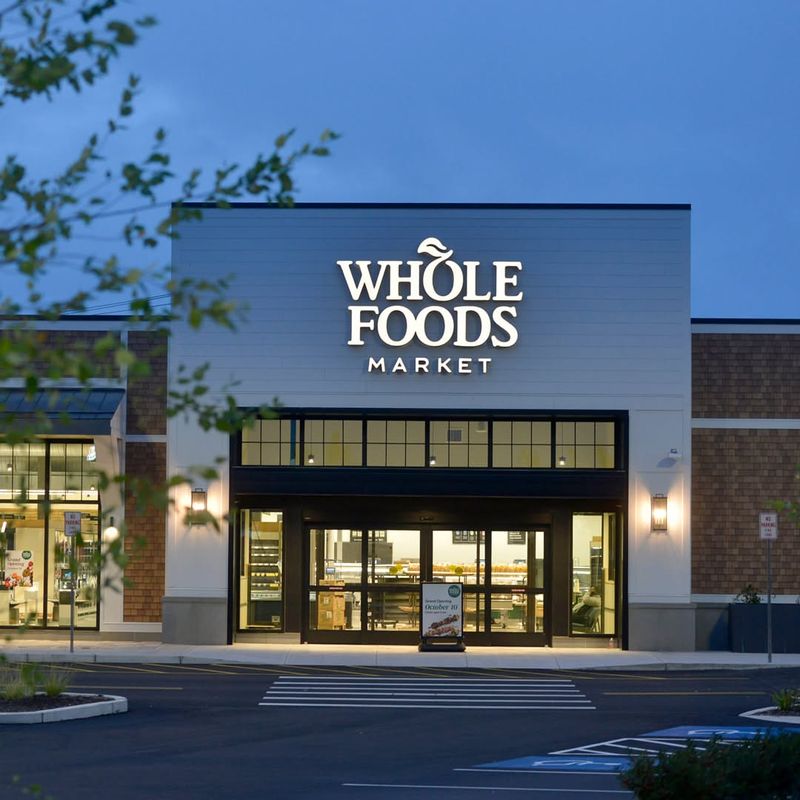
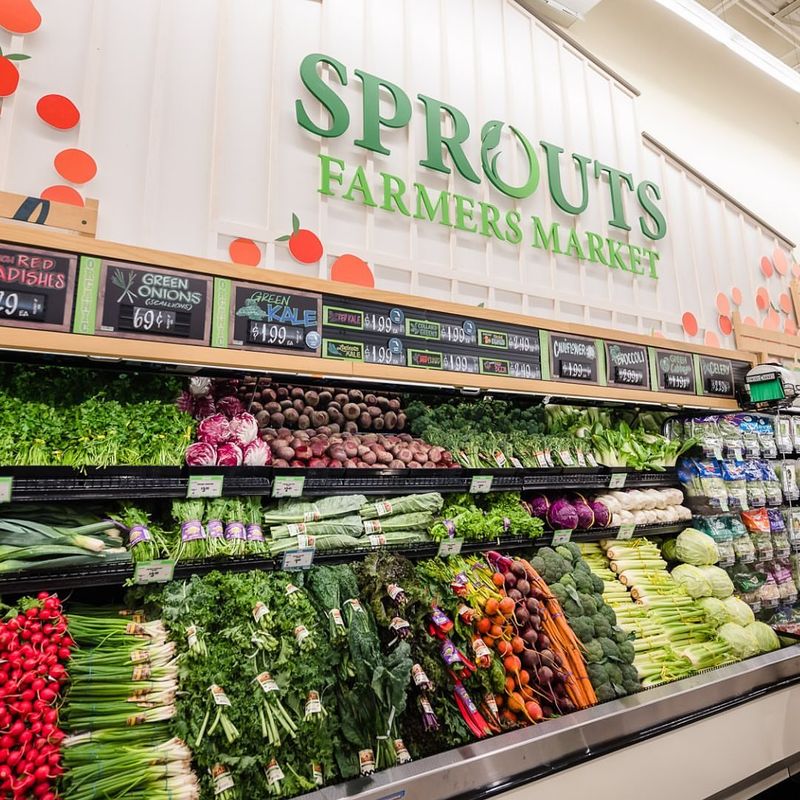
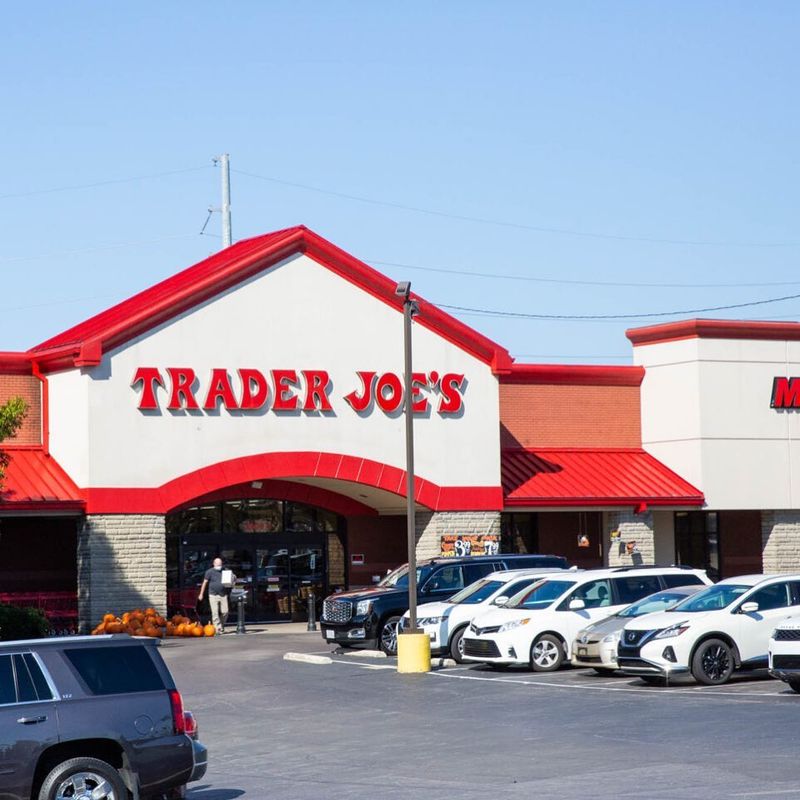
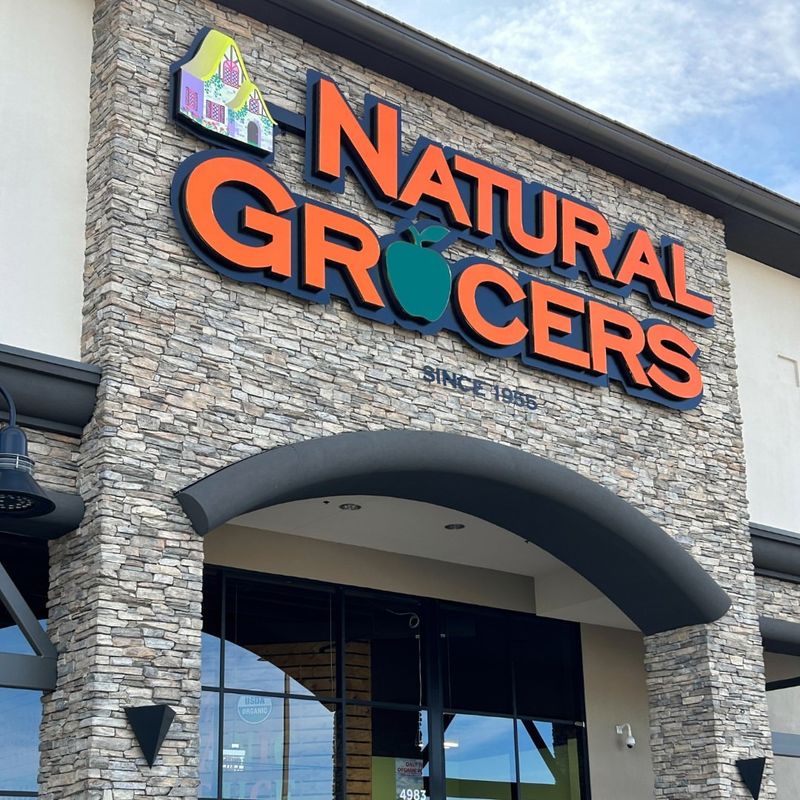
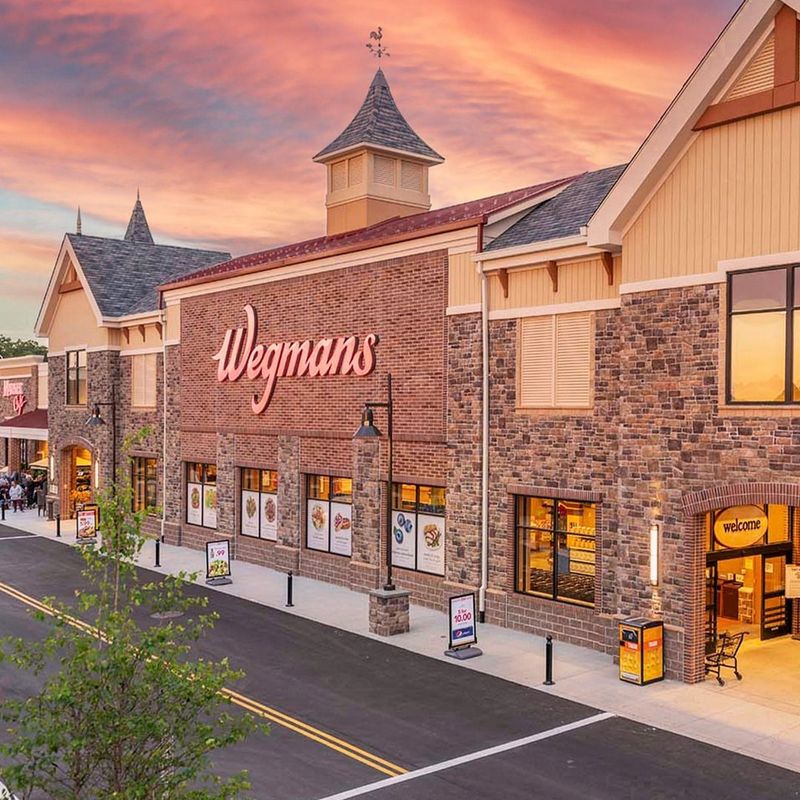
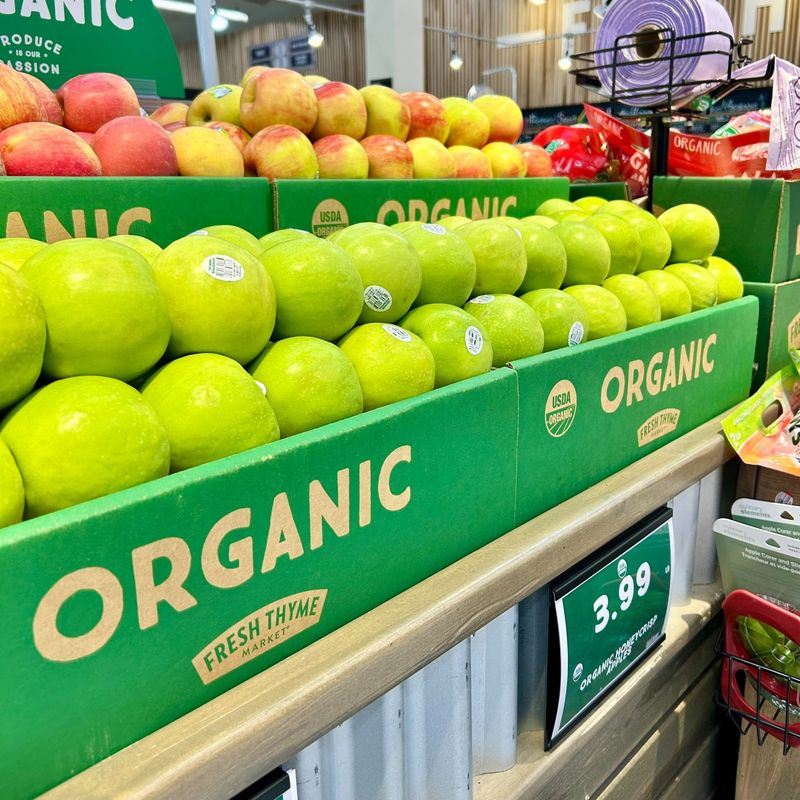
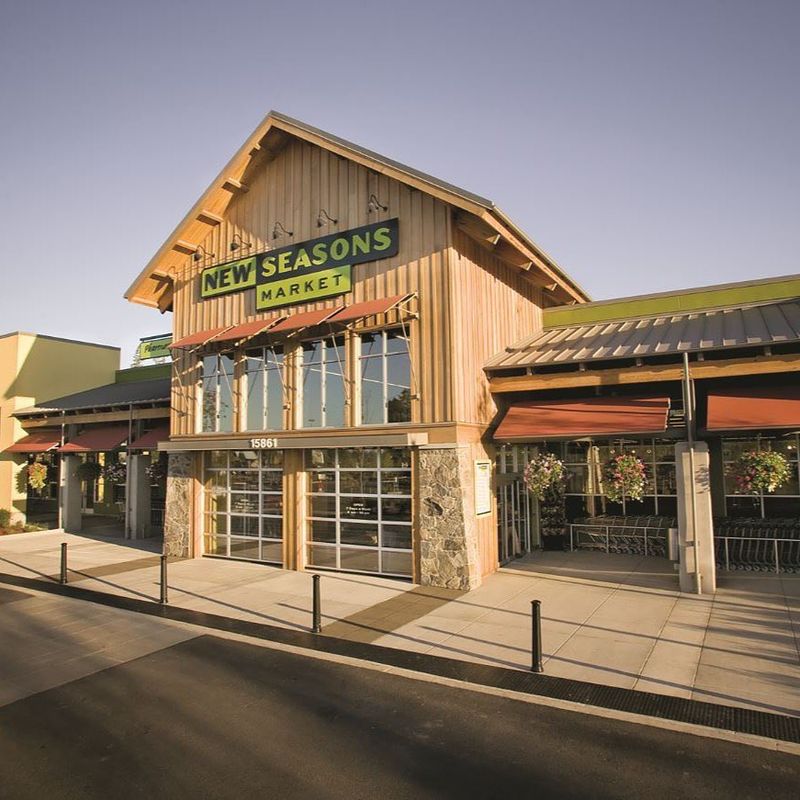
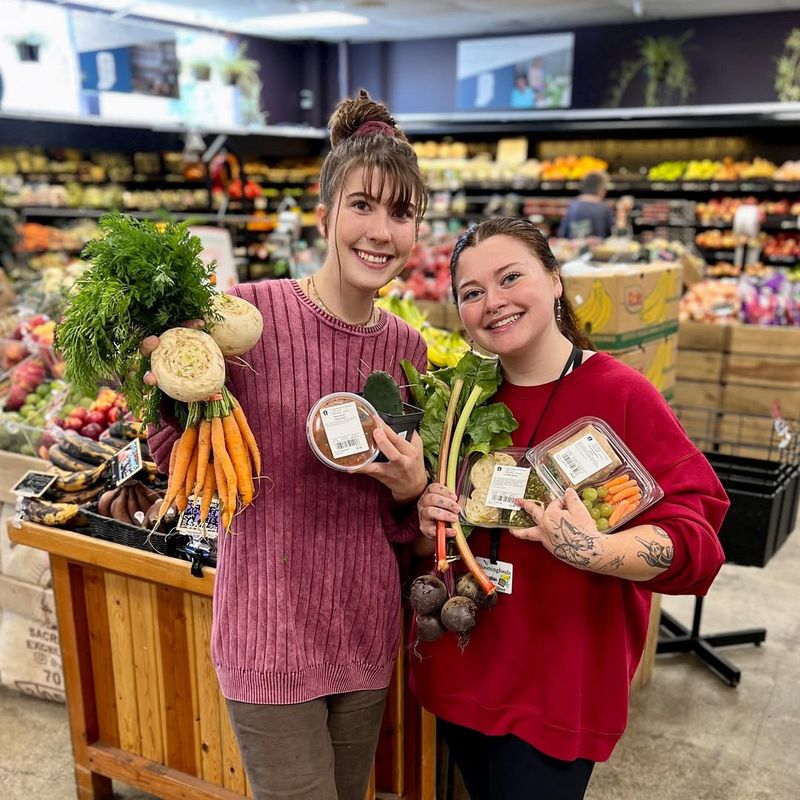
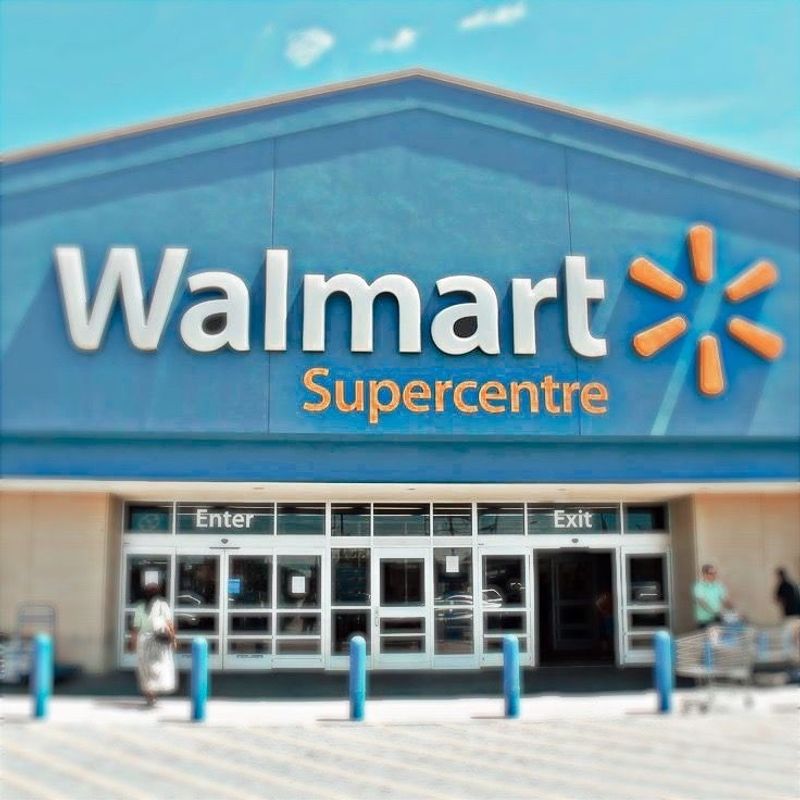

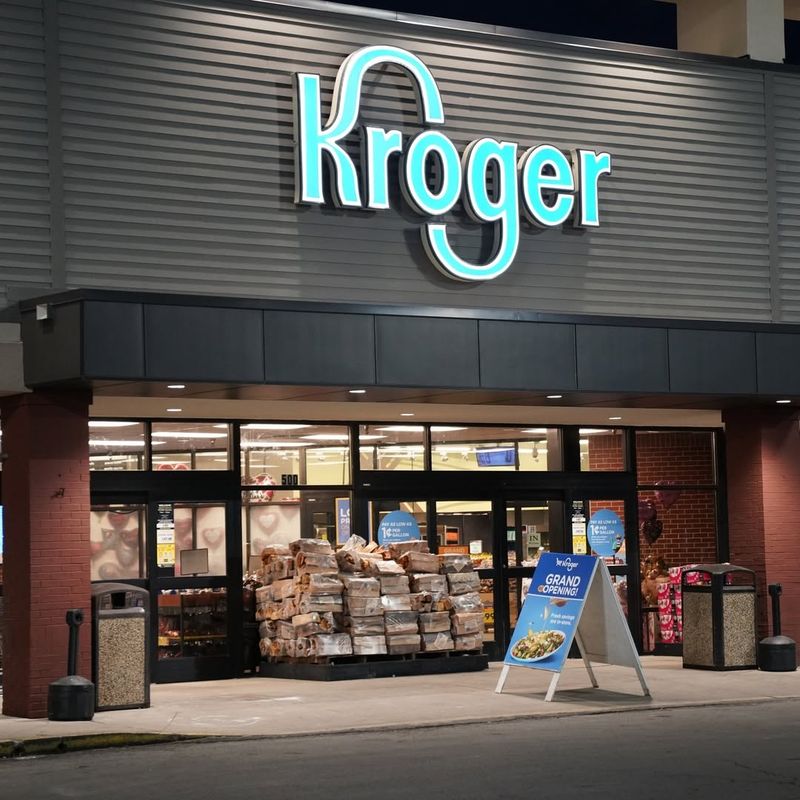
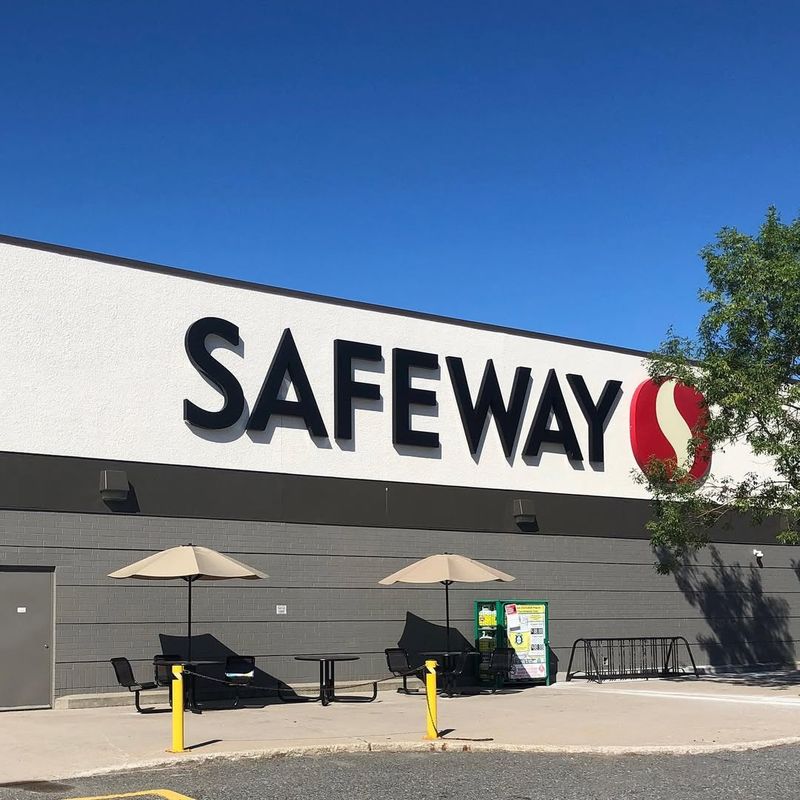
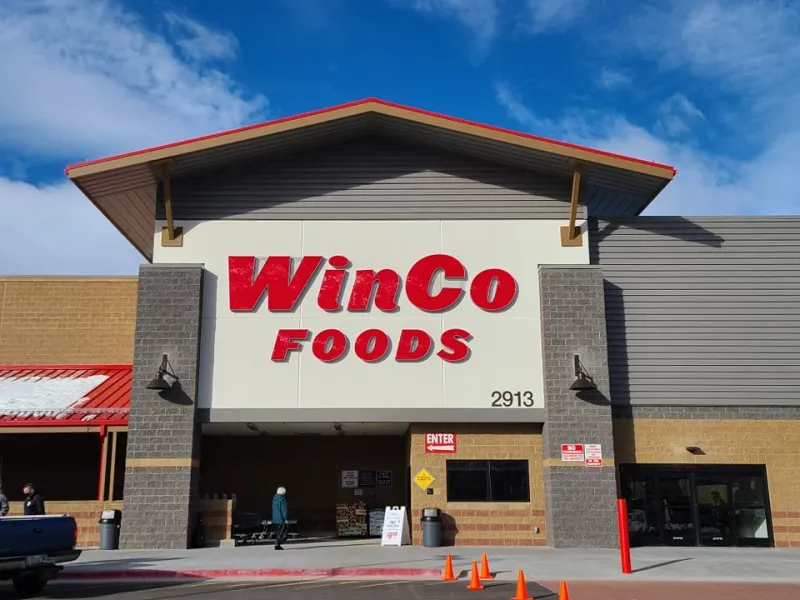
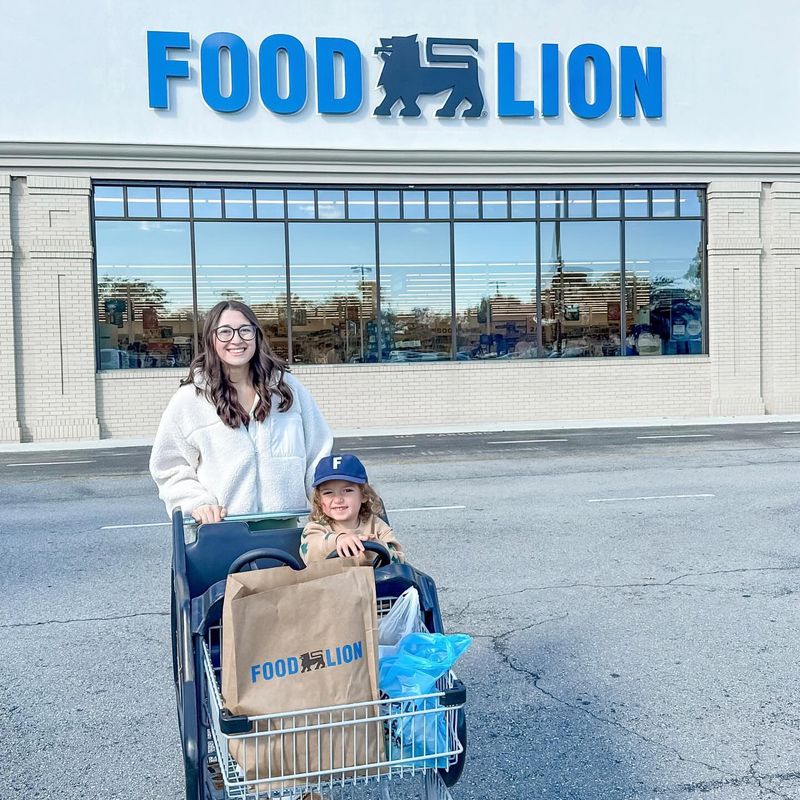
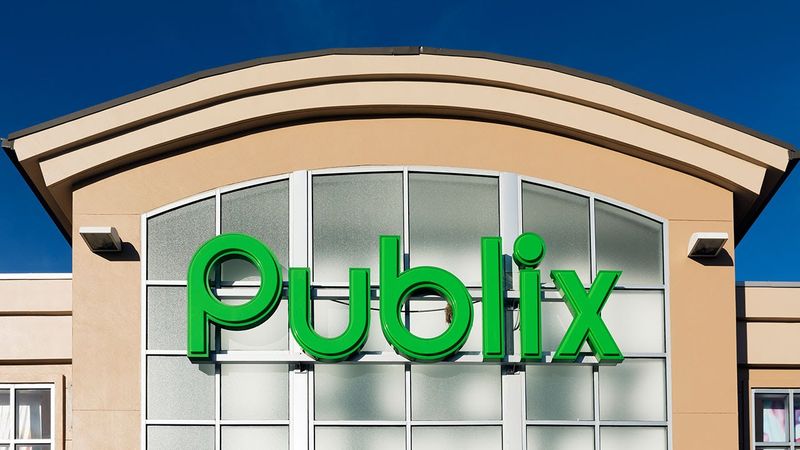

Leave a comment